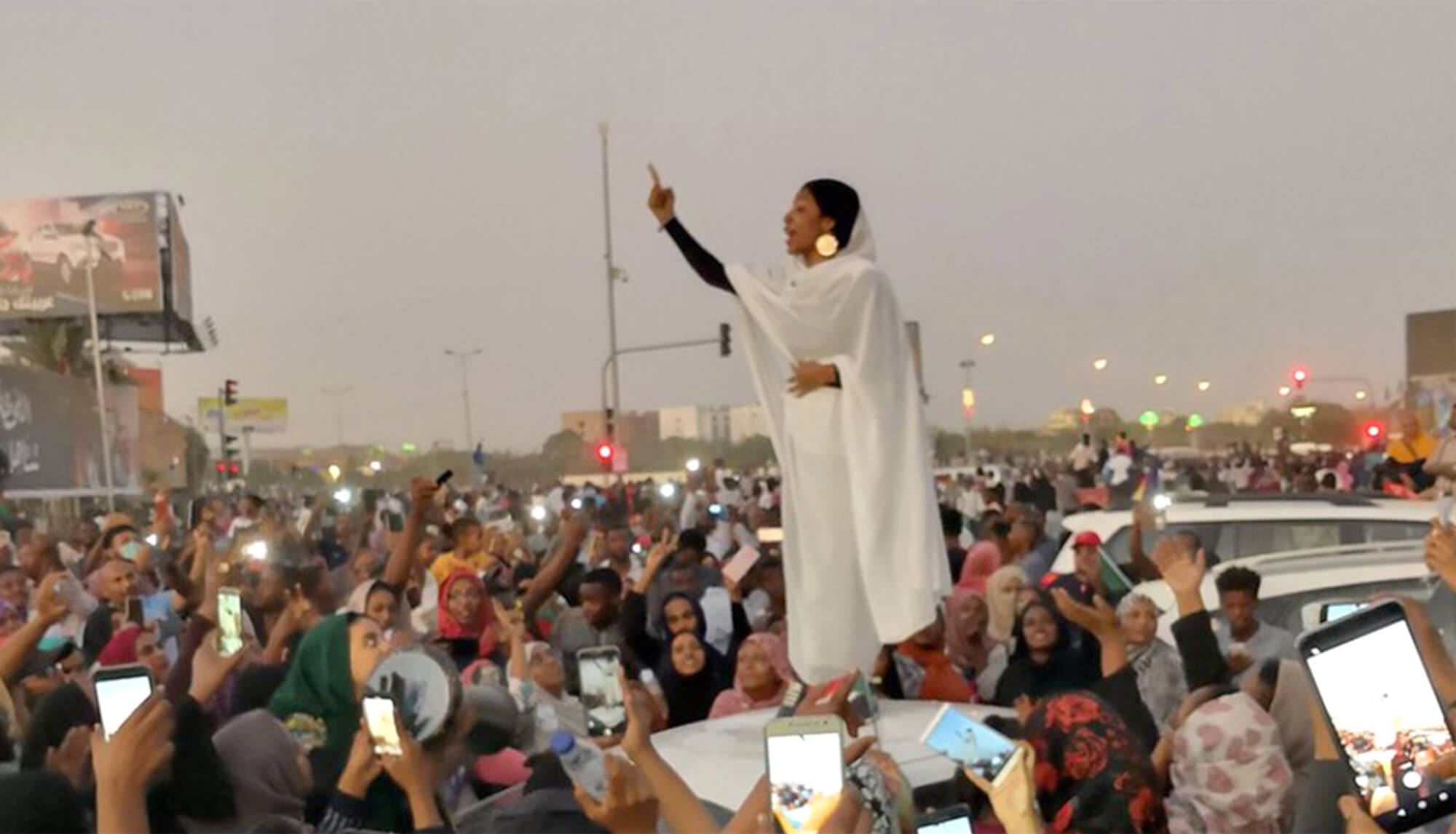"It has been my whole life. It has been my father's life."
To think of when the counter-terrorism measures have started getting its impacts on my personal life. Actually, it's not only since 2013 or the Revolution in 2011. It goes back beyond that. It has been my whole life, my father's life. And it actually, it's so similar to the colonial rule when my grandfather grow up back to this times, comparing it with now, nowadays, it's all based on suspicion and fear. The feeling that you can be suspected at any time. You can be stopped, you can get detained. They can check your phone, they can fabricate any charges against you. You are a terrorist. That's it. They are saying it. You should believe it in yourself. You must have done anything wrong. Okay? You didn't. But that's how it gets into you. You're living under fear all the time. The fear of getting stopped in the street, in your work, in your home. They can break it into it and detain you. Take your phone, take your laptop, and even if it's so simple a thing that you are expressing your opinion on Facebook, Twitter, whatever. Even the TikTok, when you are doing some videos dancing, they are arresting people, fabricating terrorism charges against them and they are not doing anything terrorist at all. It gets way worse if you're a human rights defender, they can freeze your assets and they can shut down your organization and they can arrest a lot of your staff. They can do also some travel bans. And if you are human rights defender or any normal citizen, and if you are having more than 5,000 followers on your social media account, and if you are saying, oh no, this terrorist event happened, I'm so sad, but at the same time you are saying, okay, police, you should take some more precautions to protect the civilians or protect even the army or the police officers. If you're saying anything that they don't like. And if it's not part of the official narrative, then you can end up in prison. You can end up arrested and they will tell you you are a terrorist.



